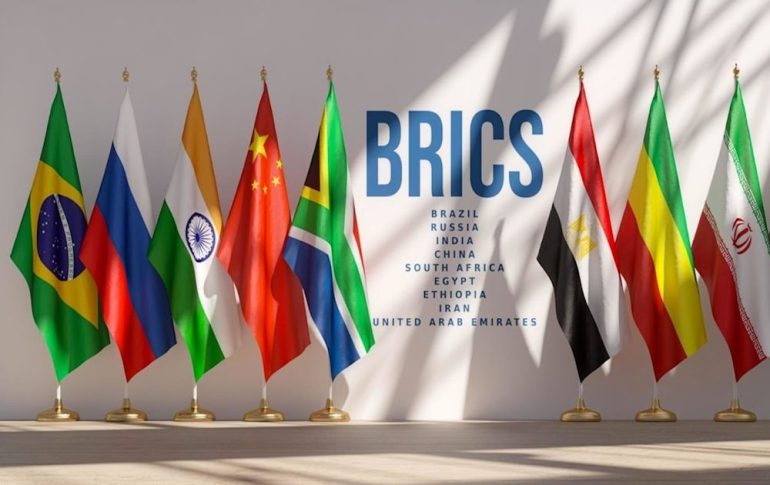Nigeria has officially joined BRICS as a partner country, a move aimed at fostering trade, investment, and global collaboration with the emerging economic bloc.
This decision, while seen as an opportunity to leverage economic opportunities and enhance Nigeria’s global standing, has also raised concerns among experts. Some question whether the partner country status is the most advantageous position for Nigeria, particularly given that other African nations like Ethiopia, South Africa, and Egypt are already full members.
BRICS, an acronym for Brazil, Russia, India, China, and South Africa, has expanded its membership in recent years, welcoming new members and establishing a partner country category at the 16th BRICS Summit in Kazan, Russia, in October 2024.
Nigeria’s inclusion in this category alongside eight other nations provides a platform to enhance trade, investment, and cooperation with member countries.
The government believes this partnership aligns with Nigeria’s national aspirations for inclusive growth and a more equitable global economic order.
However, some experts express concern that the partner country status may hinder Nigeria’s pursuit of a permanent seat on the United Nations Security Council.
Despite these concerns, Nigeria views BRICS as a significant opportunity to expand its global influence and foster stronger economic and diplomatic partnerships with member and partner countries.
The country has been actively seeking increased global engagement, including pursuing membership in the G20 and the BRICS New Development Bank.
As a major emerging economy with the sixth-largest global population, Nigeria aims to play a more prominent role in shaping the global economic landscape and advancing its national development objectives through its participation in BRICS.
Stay informed and ahead of the curve! Follow Africa Update Newspaper on WhatsApp for real-time updates, breaking news, and exclusive content. Don't miss a headline – join now!


